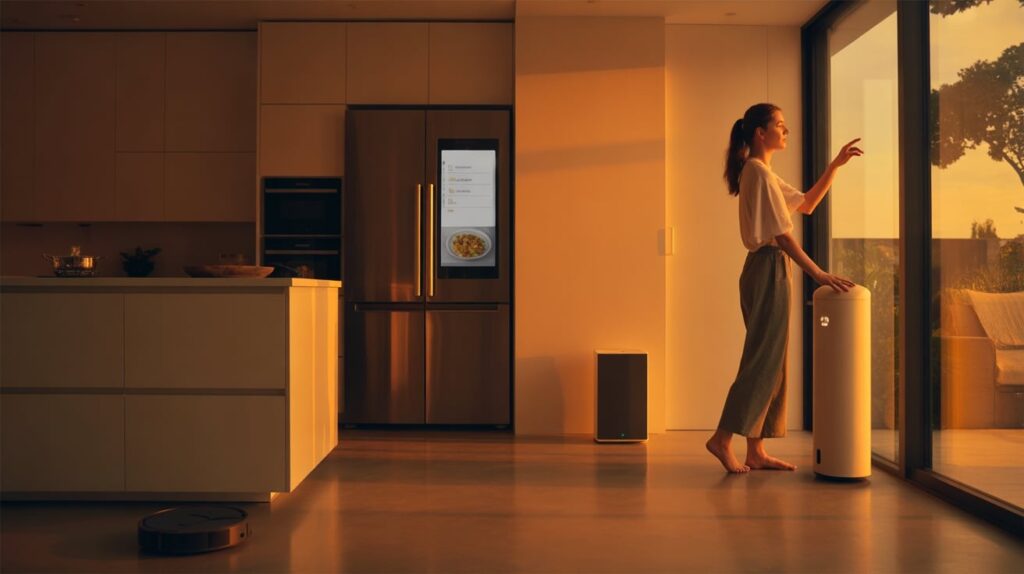In today’s fast-paced world, technology is no longer just an accessory- it has become an integral part of how we live, work, and interact with our surroundings. Among the most transformative innovations is the concept of the smart home, where everyday living spaces are enhanced with devices that automate, monitor, and optimize tasks. From adjusting the lighting with a simple voice command to controlling security systems remotely, smart homes are redefining modern living. But with all these advantages comes an important question- smart home costs.
What Defines a Smart Home?
A smart home is more than just a collection of gadgets. It is an interconnected ecosystem where appliances, systems, and devices communicate seamlessly through the internet. Whether it’s a thermostat that learns your schedule, a refrigerator that tracks your groceries, or blinds that adjust based on natural light, the idea is to simplify daily routines while boosting efficiency.
What sets smart homes apart from traditional setups is their ability to adapt. The integration of artificial intelligence and machine learning allows devices to recognize patterns and preferences, ensuring that homeowners experience greater comfort without constant input.
The Benefits of Smart Home Technology
The appeal of smart homes lies in the wide range of benefits they provide.
Convenience
Imagine arriving home after a long day and having the lights automatically turn on, your favorite playlist starts, and the room temperature adjust to your preference. Smart homes make this possible with minimal effort, creating an environment that anticipates your needs.
Energy Efficiency
One of the biggest draws of smart technology is its ability to reduce energy consumption. Smart thermostats, for instance, can optimize heating and cooling systems by adjusting temperatures based on occupancy or weather conditions. Similarly, smart lighting ensures that energy is not wasted in empty rooms. Over time, these small efficiencies can translate into significant cost savings.
Security and Peace of Mind
Smart security systems—complete with motion sensors, cameras, and automated locks—offer enhanced protection. Homeowners can monitor their property in real-time through smartphone apps, receive alerts about suspicious activity, and even grant remote access to visitors. This level of control brings peace of mind, especially for families and frequent travelers.
Customization and Lifestyle Integration
From home entertainment systems to kitchen appliances, smart homes offer an unmatched level of personalization. Users can design experiences tailored to their preferences, whether that means dimming the lights for a movie night or syncing speakers across multiple rooms for a party.
Challenges and Considerations
While the promise of smart homes is enticing, there are a few challenges to consider.
- Cost of installation and devices- Building a smart home requires an upfront investment, especially for high-end systems.
- Compatibility issues- Not all smart devices work seamlessly together, which may require additional hubs or platforms.
- Privacy and security concerns- Since smart homes rely on internet connectivity, protecting data from cyber threats is critical.
Addressing these concerns often involves choosing reliable brands, ensuring software updates are regularly applied, and balancing cost with long-term value.
The Future of Smart Living
As technology advances, the smart home ecosystem is expected to become more accessible and affordable. Integration with renewable energy sources, like solar panels, will further enhance sustainability, while the rise of 5G promises faster and more reliable connections. In the near future, smart homes may evolve into fully automated living spaces that not only respond to human input but also predict needs before they arise.
Conclusion
The rise of smart homes reflects a broader shift toward more connected, efficient, and personalized lifestyles. They promise convenience, energy savings, security, and a better quality of life for homeowners willing to embrace innovation. While costs, compatibility, and privacy remain considerations, the potential benefits make smart homes an attractive choice for the future of living.

